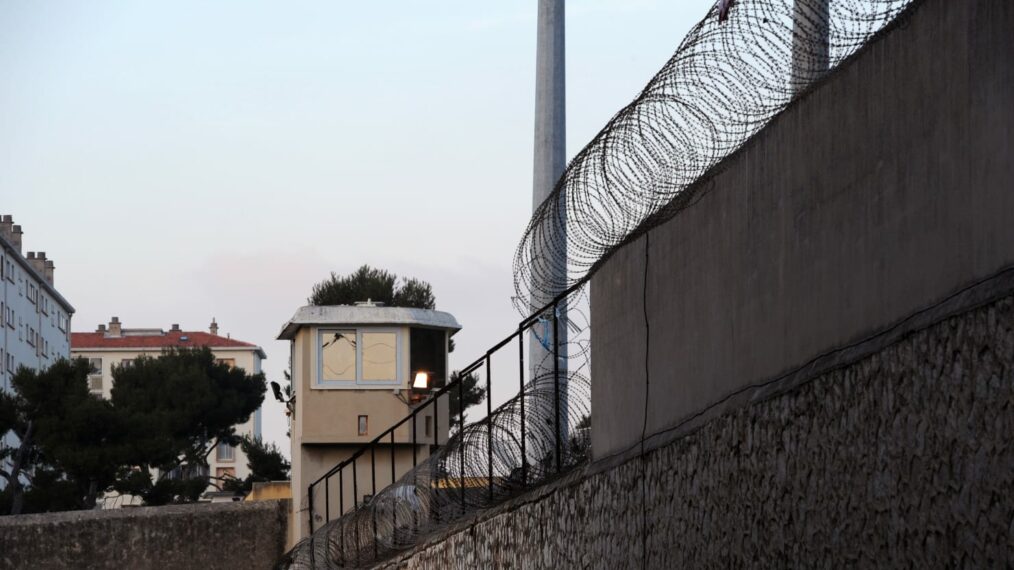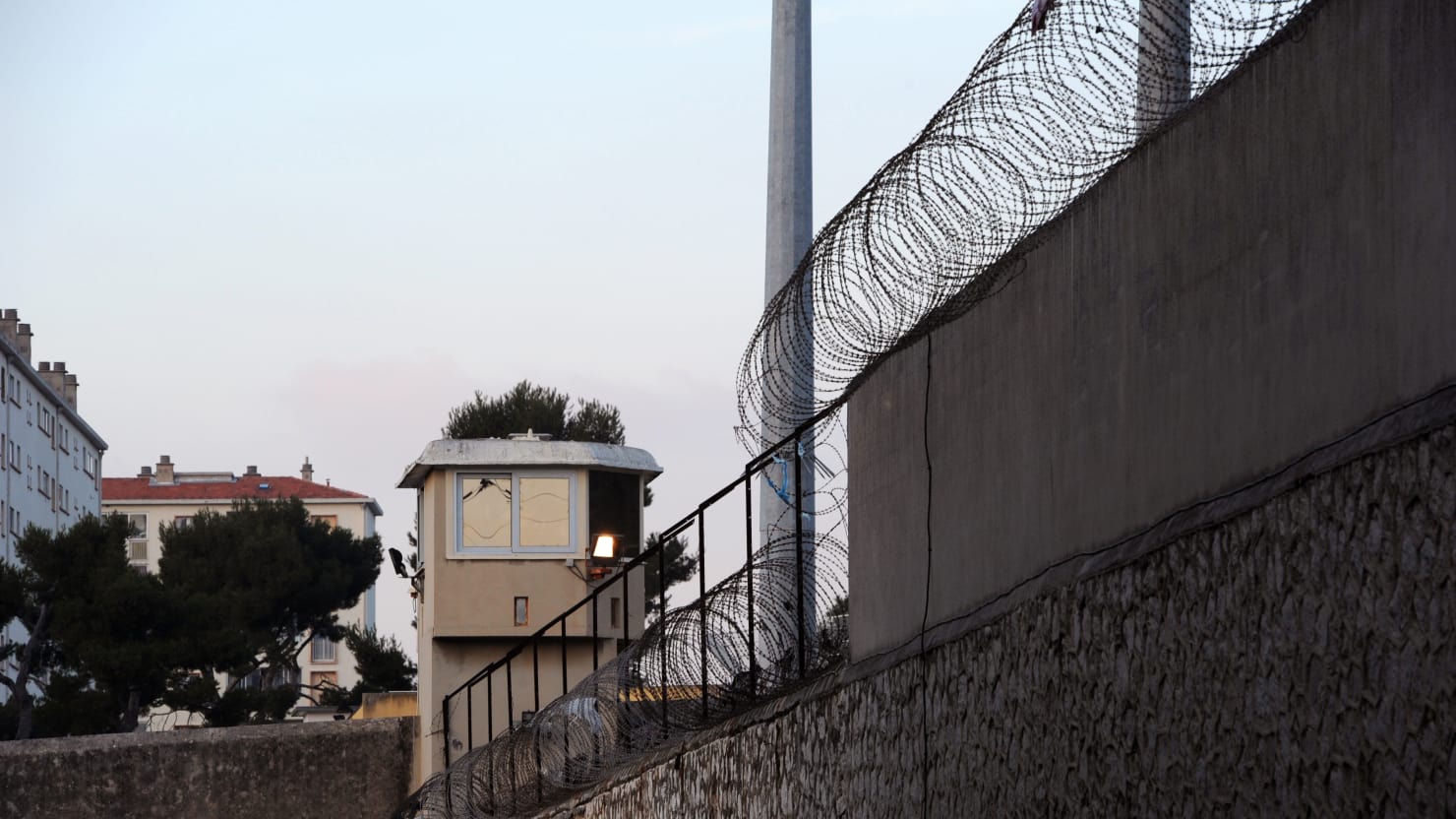
The Terrorist Threat in France: A Look at Prison Radicalization

ANNE-CHRISTINE POUJOULAT/AFP/GETTY
French counter-terrorism policy rejects the soft measures carried out by many of its European counterparts. So then, why has France, despite its aggressive stance against terrorism, seen more high-profile terrorist incidents than any other Western European country in the last six years? An absence of terrorist attacks in France for more than a decade created a false sense of security. However, since 2012 France has been the victim of several jihadist attacks that have placed it on the frontline in the battle against terrorism. While some observers blame the attacks on France’s large Muslim prison population, citing prisons as a breeding ground of radicalization, others blame France’s delayed implementation of counter-radicalization programs. Other critics attribute the attacks to marginalized Muslim populations that find France’s secular policies stifling. None of these analyses, standing alone, provides an explanation sufficient to guide an effective strategy to end attacks. But this piece will focus on the prisons.
The notion of prison serving as a breeding ground for radicalization is not new. Khalen Kelkal, the main perpetrator of the 1995 Paris subway attacks that spurred counter-terrorism legislation, is believed to have been radicalized in prison. As of 2015, at least four men underwent radicalization while in a French prison and went on to attack locations in Europe. Furthermore, Cherif Kouachi, the Charlie Hebdo attacker, arrived at Fleury Merogis, a French prison, in January 2005. While imprisoned, Kouachi met Djamel Beghal – also known as Abu Hamza – who was serving 10 years for plotting to attack a US embassy in 2001. Kouachi also encountered Amedy Coulibaly, the man behind the 2015 Jewish supermarket attacks. In another instance still, Mehdi Nemouche, underwent radicalization in prison, traveled to Syria, and then traveled to Belgium where, in 2014, he attacked the Jewish Museum of Belgium. While these men represent only a small portion of the total prison population, their social ties to one another, as well as the magnitude of their crimes, demonstrates prison radicalization is an area worthy of counter-radicalization focus.
Radicalization can occur in prison for several reasons. It can stem from a confrontation with jail authorities, often worsened by the negative images Muslim inmates see on television and in other media regarding Islam. In addition, radicalization is molded, “by the conditions prevailing in prison, its organization and specific architecture.” Overcrowding can lead to sharing cells, restrictions on bathing, and unheard demands due to prison guards’ heavy workloads. This leads to exasperation, often exacerbated by the prison’s refusal to allow the practice of religion. Muslim prisoners believe Islamophobia runs rampant within their walls. Problems associated with prisons globally are vexing for many French Muslims and the disaffection they feel outside prison is only magnified behind bars.
Focusing counter-radicalization efforts in prisons would likely yield positive results if done astutely, and with advice from experts. As of 2015, according to authorities, French prisons held 238 inmates charged with terrorist offenses, with 152 of them classified as “dangerous Islamists.” There are approximately 67,500 imprisoned individuals in France. It is estimated that 70% of the prison population is Muslim, yet Muslims notably comprise only 8% of the French national population. Romain Quivooij, Associate Research Fellow with the Centre of Excellence for National Security at the S. Rajaratnam School of International Studies at Nanyang Technological University, acknowledges that the number of “dangerous Islamists” is a very low number in comparison to the total prison population, and argues that “radicalization in prison does not only involve people singled out as ‘radical Islamists.’ Cases of ordinary criminals who adopt violent extremist views in jail and engage in terrorist activities upon their release are common.” One French prison director implemented a trial run in which the radicalized individuals were segregated from the general population. While the director deemed the segregation successful, an ex-inmate of the French prison stated, “I don’t understand the idea at all of putting all the radicals together and hoping they will change.” Some believe putting radicalized inmates together strengthens bonds and facilitates jihadist ideology. Regardless, it does seem to limit their ability to attract new recruits.
Haras Rafiq of the Quilliam Foundation states neither segregating nor allowing radicalized inmates to mix with the general population is a good model, rather he advocates for an increase of professional imams. Prison guards do receive some training, however, due to the large population of inmates in prisons, in addition to the changing profile of a radicalized jihadist, guards find it difficult to detect radicalized individuals. According to one expert the, “…lack of Muslim chaplains is thought to have created a vacuum that leaves room for self-appointed and self-taught imams and their radical ideas.” In fact, Hassan el-Anoui Talibi, Chief Imam of French prisons issued a press release advocating for more financial support and resources for prison imams, as they currently receive no pay except reimbursement for basic expenses (Alexander). One offender stated that in the six years he was imprisoned, he did not see an Imam until year five (Alexander). With a surplus of resources going into hard counter-terrorism measures, it’s reasonable to assume that France could procure an appropriate number of imams.
While an augmentation in imams, in quality and quantity, may be sound policy akin to soft measures found in other European countries, one author asserts that the majority of radicalized inmates may actually go through the process of radicalization prior to their first sentence. This indicates that prison programs may need an emphasis on de-radicalization rather than solely counter-radicalization.
Does a promising policy exist that can incorporate the two? The same author argues that increasing the number of imams is urgently needed, however so is “the integration of additional services as part of a wider interdisciplinary approach.” Effective programs can be hard to implement in a favorable setting. Creating an effective program in French prisons to hinder radicalization and promote deradicalization remains an enormous challenge. However, in light of France’s high incidence of terrorist attacks, it is likely to continue augmenting its prison programs. It would be well-served by focusing on approaches that are multifaceted and by listening to suggestions from community members and academics.
